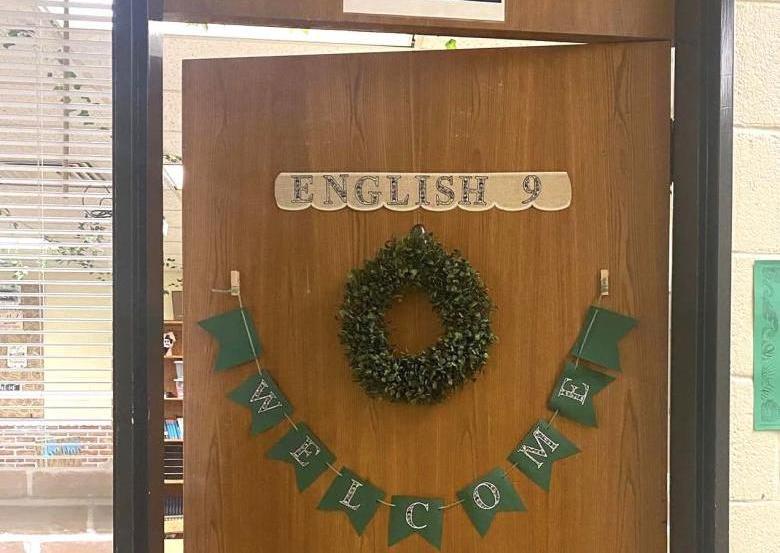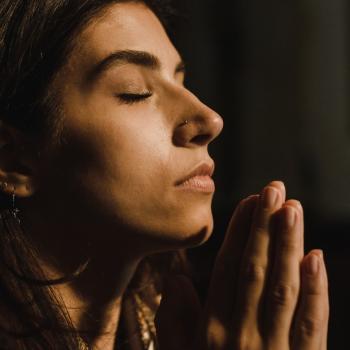
I am a public school teacher. And I promise – I am not indoctrinating your children.
To indoctrinate means that you’re trying to get a group of people to accept some beliefs uncritically – without any critical thinking.
As an English teacher, my goal is the exact opposite of that. I want your child to think critically. I spend the entire school year trying to get students to think critically about everything we read. And I hope that every student does not have the same ideas about the text – because that makes for a very boring class discussion.
So if I’m not indoctrinating your child, what am I doing in my public school classroom?
Teaching diverse texts
We read short stories, essays, novels, speeches, poetry, and excerpts of memoirs. By intention, the authors are men and women from various ethnicities and backgrounds. We read texts written by and about people with different skin colors, different socio-economic backgrounds, different genders, different sexualities, and different birth countries.
Why do we do this?
I want each student to see themselves or identify with the narrator in something we read throughout the year. There are plenty of studies which show how important representation is, and especially how any representation in school can impact student success and graduation rates. If I want all of my students to be engaged in classroom learning and be successful in school, then it only makes sense to choose diverse texts.
As importantly as that, we learn when we are exposed to something different than ourselves. Our world expands. We consider a different perspective. This is not because our perspective is necessarily bad, but because our perspective is incomplete.
If our goal is to learn, then considering worldviews outside our own is vital to achieve that goal.
Teaching writing skills
This year, my students will write narrative essays, expository essays, and persuasive essays. Because we’re still bridging the gap of the Covid learning loss, we’ll spend a significant amount of time reviewing basic skills. We’ll learn grammar rules and punctuation rules. We’ll spend some time on how to construct a paragraph. As we go on, we’ll learn how to combine sentences to add variety to our writing. We’ll practice writing thesis statements until they dream of thesis statements.
Though we’ll write different types of essays, our main focus is the persuasive essay. In order to write an effective persuasive essay, students must think critically about a topic and determine their own opinion. They must weigh evidence and determine what evidence best supports their claim. Then they must be able to explain how the evidence supports their claim.
Never do I tell a student what their claim should be. Instead, I encourage them to consider why they believe as they do and be able to defend it with strong evidence.
We practice this by playing Would You Rather, giving students an opportunity to strongly defend why the Marvel Universe is better than DC Comics or why eating waffles is better than eating pancakes. You know, we cover the very controversial issues in ninth grade English.
Eventually, students are debating how involved parents should be in dating and marriage decisions as we gear up to read Romeo and Juliet. This becomes a beautiful conversation about different cultural traditions and expectations, as students listen to their classmates’ reasons and evidence for their claims.
Providing safety for every student
Which leads us to another primary goal for my public school classroom. I want every student to feel safe and wanted in my classroom. It doesn’t matter if the student is wearing a MAGA hat or a hijab, I want them to feel welcome and included in my room. If their great-great-grandparents farmed in this mountain valley or if their parents recently fled here from Central America, I want them to feel protected and appreciated in my room. If they have bright blue hair and are figuring out what pronoun best represents them or if they dress modestly and follow the conservative traditions of their church, I want them to feel secure and accepted in my room.
There is no place for marginalization in my classroom. Each student can state their ideas and opinions respectfully and in ways that honor others. I want them to learn how to discuss issues with honesty and respect. I want them to speak kindly to each other and regard each other with dignity.
The problem with a divisive society
I realize that the concept of welcoming and honoring those who are different from us has become a controversial issue in our society. What a sad place we’ve gotten to!
If honoring others and treating them with respect feels like some leftist indoctrination, then it’s time for some soul searching. If considering the perspective of others feels too woke for you, then perhaps it’s time for an evaluation of your morals.
And it’s especially time for some deep reflection if you claim to follow Jesus, yet you want students who aren’t like you to feel marginalized in public school. Because that isn’t representative of the Jesus I know and love. And though I cannot preach that Jesus with my words in public school, I do try to live that Jesus’ love and care with my actions.












